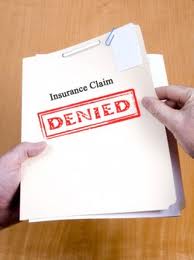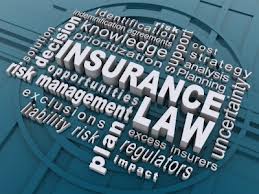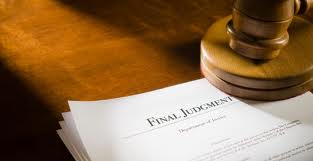 Here are some recent articles of interest that I found this week for the insurance industry, Florida insurance law, Florida insurance claims, and Florida insurance trends. Enjoy!
Here are some recent articles of interest that I found this week for the insurance industry, Florida insurance law, Florida insurance claims, and Florida insurance trends. Enjoy!
Flood insurance bill is now signed into law:
On March 21, 2014, President Obama signed the Homeowner Flood Insurance Affordability Act of 2014 into law. This law repeals and modifies certain provisions of the Biggert-Waters Flood Insurance Reform Act, which was enacted in 2012. FEMA looks forward to working with Congress, the private Write Your Own Insurance Companies, and other stakeholders to implement these Congressionally-mandated reforms and to working toward our shared goals of helping families maintain affordable flood insurance, ensuring the financial stability of the NFIP and reducing the risks and consequences of flooding nationwide. FEMA will continue to identify and publish special flood hazards and flood risk zones as authorized and required by Congress. Read more here…
Florida Supreme Court Throws Out Medical Damages Caps Law:
The Florida Supreme Court has ruled that the state’s caps on noneconomic damages in medical malpractice wrongful death cases violate the state Constitution’s equal protection clause. The 5-2 opinion held that the way the caps reduce damages “is not only arbitrary, but irrational” and it “offends the fundamental notion of equal justice under the law.” Read more here…
When Do I Need a Lawyer for My Florida Insurance Claim?
Sadly, it is not a question of whether you will need a lawyer for your insurance claim but rather when you need a lawyer for your insurance claim. Insurance companies have made it a routine practice to deny insurance claims. Insurance claims are denied because it is profitable to do so. Every penny not paid for an insurance claim is a penny earned for the insurance company. Read more here…
Florida Home Foreclosure Rate Falls But Still Triple National Average
The residential foreclosure rate in Florida, which has the highest percentage of delinquent mortgages in the U.S., declined to 6.2 percent in January, according to a report by CoreLogic Inc. That’s down from 10.1 percent from a year earlier. Florida’s rate was triple the national average of 2 percent, according to the report by Irvine, California-based mortgage data and software company. Florida led the nation with 116,000 foreclosures completed in the 12 months through January, the company said in a separate report in February. Read more here…
Florida Homeowners Insurance ‘Bill of Rights’ Slowed by Fraud Measure
Florida’s chief financial officer went to the Legislature this spring with a simple request: grant additional protections to customers dealing with property insurance companies. But the push by Jeff Atwater is in serious jeopardy. That’s because insurers, such as State Farm Florida, are only willing to accept the added protections if they come with other changes that could help keep their costs down. Read more here…
Added two more case histories for actual results obtained:
There are two components for evaluating a lawyer and lawfirm. First, how did the lawyer and lawfirm go about its business and treat its clients? That information for Russell Law can be found in “Testimonials”. Secondly, what results did the lawyer and lawfirm achieve for its clients? Read more here…
Thank you for reading (and sharing).
Stay tuned for next week’s weekly review for Florida Insurance Law!





